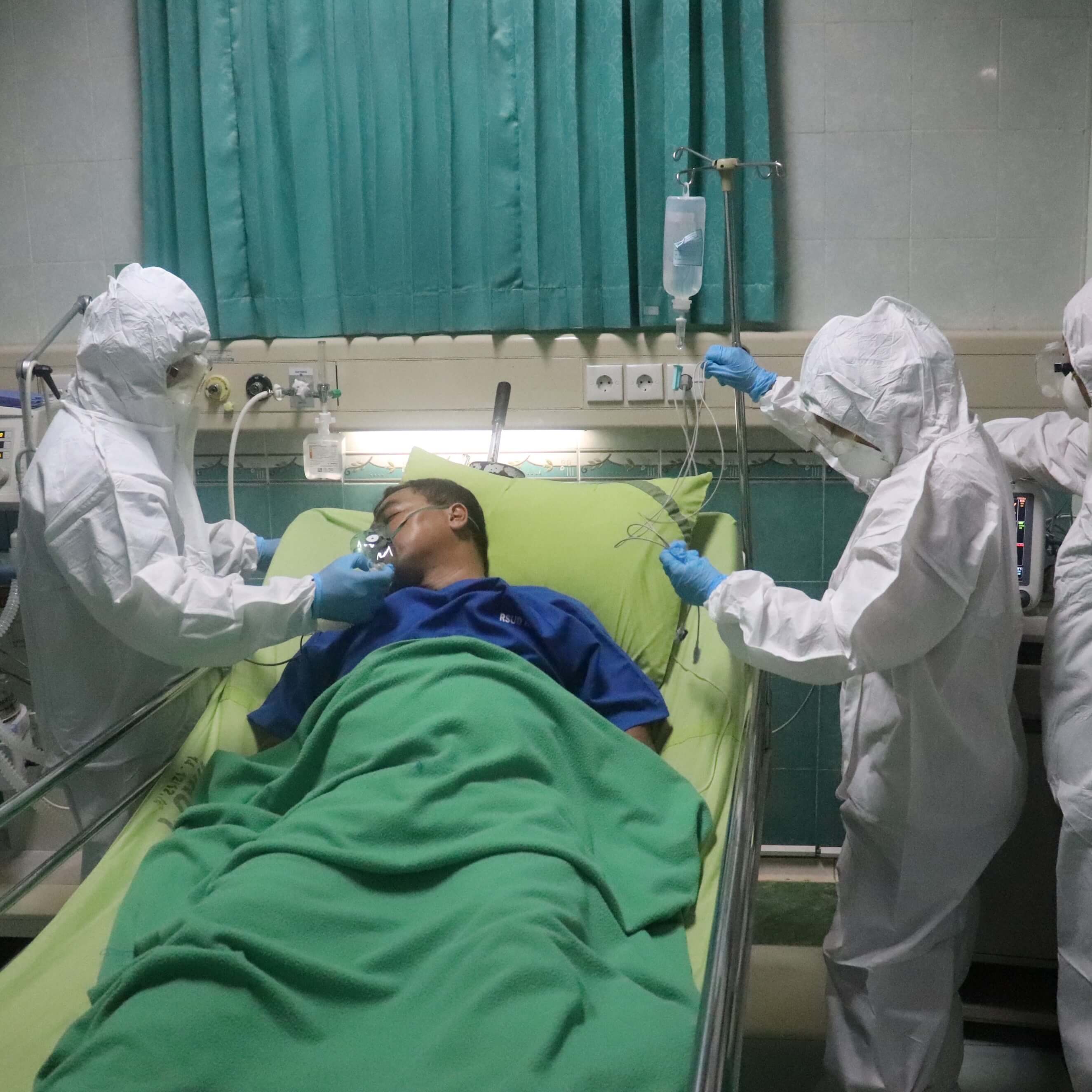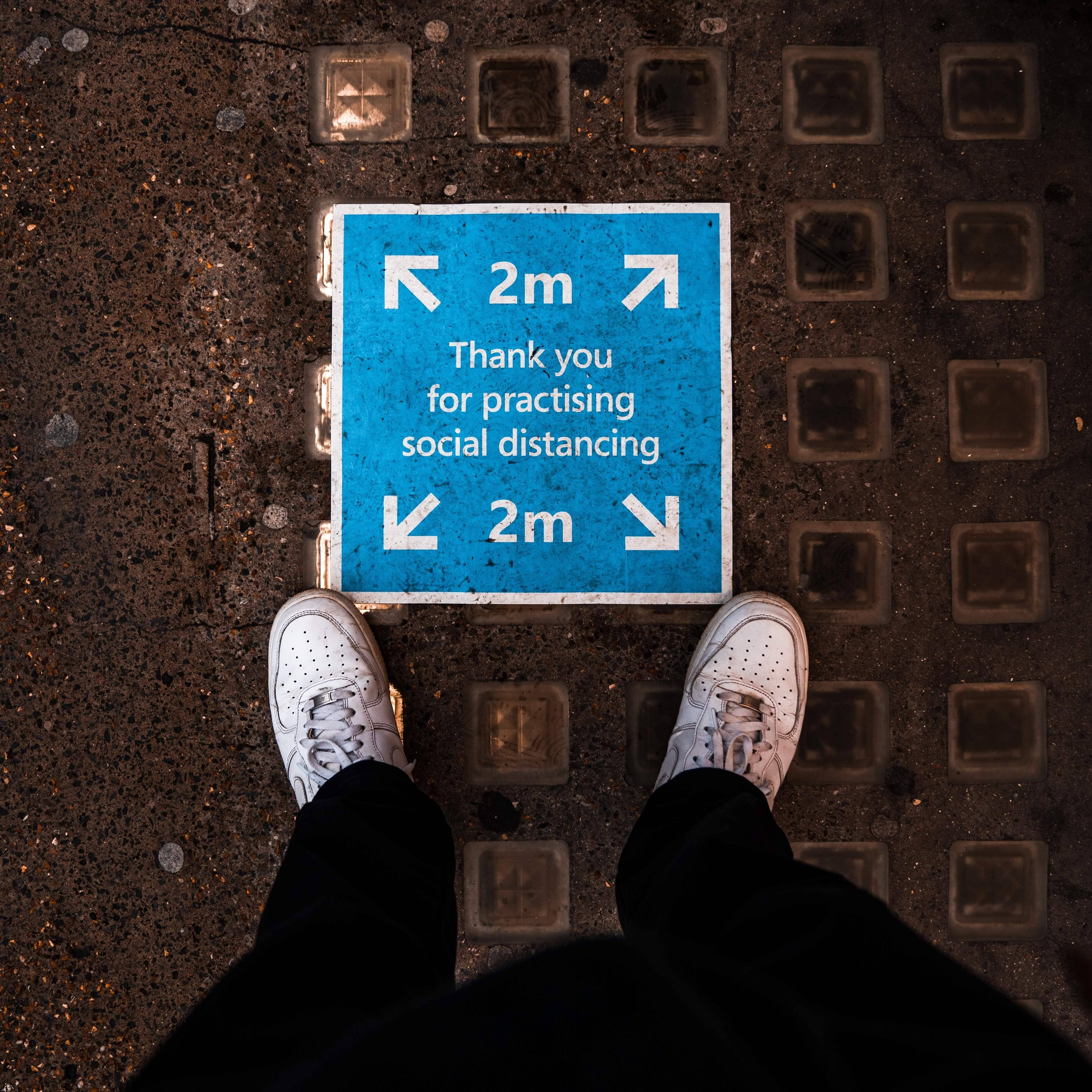
What Does COVID Chest Pain Feel Like?
Chest pain is one of the signs of COVID-19; however, it can also be a sign of other complications. With the number of COVID cases rising, most people wonder if a burning chest during COVID-19 is a symptom or something else.
Young COVID-19 patients usually develop mild symptoms of the disease. It is mainly the older individuals with already existing conditions like kidney disease, cancer, and diabetes who experience more severe symptoms. Over 80 per cent of COVID deaths include individuals over 65. COVID-19 affects the heart and lungs, so one of the disease's significant symptoms is the COVID-19 burning chest sensation.
The CDC (Centre for Disease Control and Prevention) encourages individuals who experience burning chest pain in the middle of COVID-19 or pressure in their chest to quickly seek medical attention.
Can Chest Pain Be a Sign of COVID?
Studies have shown that at least 11 per cent of people infected with coronavirus feel COVID-19 chest tightness. The pain varies from individual to individual. For some, it could be a sharp pain. For others, it can be dull or feel like a burning sensation. It can originate from the chest's left, right or both sides.
If the pressure is persistent and does not look like it will disappear, you should seek medical attention. In addition, other COVID-19 symptoms accompany chest pain, including
- New wakes of confusion
- Blue-coloured or grey skin
- Lacking the ability to stay awake
- Difficulty breathing
- Shortness of breath
- Sore throat
If you want to know your status, one sure way to know this is by using a Flowflex COVID-19 test or a Healgen antigen test. These are among the fastest and most accurate lateral flow tests for sale.
What Are the Causes of Chest Pain and How Does It Feel?

The causes of chest pain can be numerous and will feel different depending on what is causing it. However, the cause is usually the determinant of whether your pain is an emergency and what treatment would be best for you. The common reasons for chest pain include
- Cardiovascular issues – How coronavirus affects the heart is still not yet conclusive. However, studies have suggested that decreased blood flow to your heart muscles and pericarditis, an inflammation of the heart's lining, might be possible complications resulting from COVID-19 infection. If you have problems with your heart and blood vessels, chest pains are a common occurrence. The following might follow: fatigue, blood pressure change, shortness of breath, and irregular or rapid heart changes. If your chest pain is associated with cardiovascular problems, you will likely get a tight feeling in your chest. The feeling might spread to your arms or jaw.
- Lung issues – COVID affect the lungs, resulting in problems with the chest. The infection inflames the inner lining of your lungs, causing a condition called pleura. Pain in your chest may also be the doing of a blood clot in your lungs, known as a pulmonary embolism. This pain is usually sharp and often accompanied by shortness of breath.
- Muscular pain – Muscular pain may make you feel like you have sore touch. It may get worse if you move around or stretch. Most of the time, the pain results from frequent coughing, causing muscle irritation in the ribs. If the muscular pain results from COVID-19, it may cause chest or upper back pain.
COVID Chest Pain Treatment
If your chest pain results from COVID-19, it should be an emergency, and you should not attempt to treat it alone. If the infection is severe, it might result in your body releasing cytokines, which have the potential to damage the lungs and heart and bring about inflammation in your heart. This is known as myocarditis.
Chest pains, whether it is a sharp stab kind of pain or a burning sensation, could be a sign of underlying issues. If it is indeed from COVID, then medical attention is necessary immediately.
There have also been talks that claim the COVID vaccine causes chest burning. Researchers are currently examining the side effects of the vaccine. They can bring about burning sensations in the chest, but this rarely happens. Some of the most typical side effects are
- Nausea
- Chills
- Pain
- Tiredness
- Headache
- Muscle pain
- Fever
Conclusion
Chest pain or burning sensation could be a COVID-19 symptom, which is far more common in individuals with severe COVID-19 illness. The cause of chest pain varies from person to person. Depending on what caused it, the effects may be potentially life-threatening. You should seek medical attention as soon as possible, especially if heart attack symptoms accompany the chest pain.



